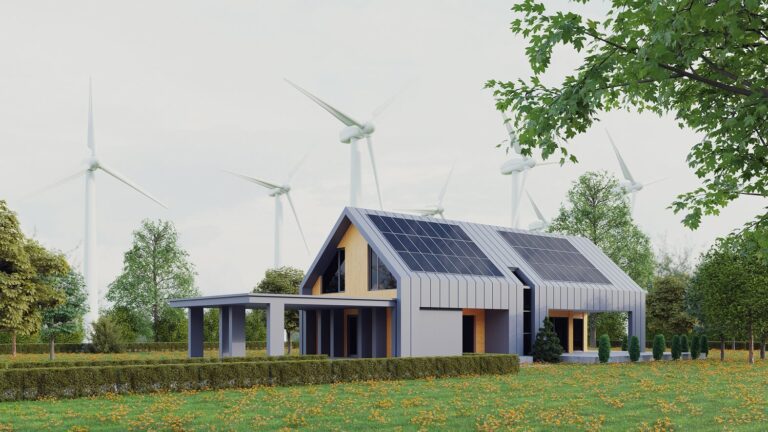Utility firm Duke Energy (DUK.N) announced earlier this month it would sell its commercial distributed generation business to private equity firm ArcLight Capital Partners in a $364 million deal.
The business includes operating assets of REC Solar, which Duke had acquired in 2015, development pipeline and operations and maintenance portfolio, as well as distributed fuel cell projects managed by Bloom Energy (BE.N).
Duke said it expects about $259 million of proceeds from this sale, which the company would use to help incorporate more than 30,000 megawatts of regulated renewable energy into its system by 2035.
The business includes Renewable Energy Corporation Solar’s operating assets, development pipeline, and operations and maintenance portfolio.
It also includes distributed fuel cell projects managed by Bloom Energy.
The acquired business’s staff will be retained. Duke Energy anticipates $259m of proceeds from the sale, which is currently awaiting regulatory clearance.
Duke Energy chair, president, and CEO Lynn Good stated: “The sale of our commercial renewables businesses streamlines our portfolio and provides the resources to support the long-term needs of our customers in our growing regulated territories.
“Over the next decade, we plan to invest significant capital to fund the critical energy infrastructure necessary to serve our customers and support our clean energy transition.”
“Our investment in Duke Energy’s commercial distributed generation business supports ArcLight’s long-standing strategy of acquiring operating assets from leading strategics and creating strong stand-alone renewable platforms,” said ArcLight Capital Partners managing director Marco Gatti.
“We believe this is an attractive opportunity to acquire a first-rate commercial distributed generation portfolio, partner with a talented team, and build upon long-standing, high-quality customer relationships,” Gatti continued.
In June 2023, Duke Energy also agreed to sell its unregulated utility-scale commercial renewables business to Brookfield Renewable for $2.8bn.
The company will finalize the sale of both units by the end of 2023. Their proceeds will boost its balance sheet and prevent further holding company debt issuances.
The divestments will also help the company prioritize the growth of its regulated businesses, improve grid reliability, and meet its 2035 target of adding 30GW of renewable energy to its network.
Duke’s peers, such as FirstEnergy (FE.N) and NiSource (NI.N), have also sold stakes in their subsidiaries this year as they seek to invest in cleaner sources of energy.
The deal is expected to close by the end of 2023.
Here are some forecasts according to various industry observers:
- Distributed energy generation: The global market size was valued at $246.4 billion in 2020 and is expected to reach $919.6 billion by 2030
- Distributed energy resource management system: The global market size was valued at $0.49 billion in 2022 and is projected to grow to $1.86 billion by 2030
- Distributed energy resources: The global market is projected to hit $51.26 billion by 2028
- Renewable energy: The global market is projected to reach $1912.12 billion by 2030
Distributed energy resources (DERs) are small-scale electricity supply or demand resources that are interconnected to the electric grid. They are often located close to load centers and can be used individually or in aggregate to provide value to the grid. Examples of DERs include rooftop solar photovoltaic units and wind-generating units.
Duke Energy, a Fortune 150 company headquartered in Charlotte, N.C., is one of America’s largest energy holding companies. The company’s electric utilities serve 8.2 million customers in North Carolina, South Carolina, Florida, Indiana, Ohio, and Kentucky, collectively owning 50,000 megawatts of energy capacity. Their natural gas unit serves 1.6 million customers in North Carolina, South Carolina, Tennessee, Ohio, and Kentucky. The company employs 28,000 people.
Read the full article here








